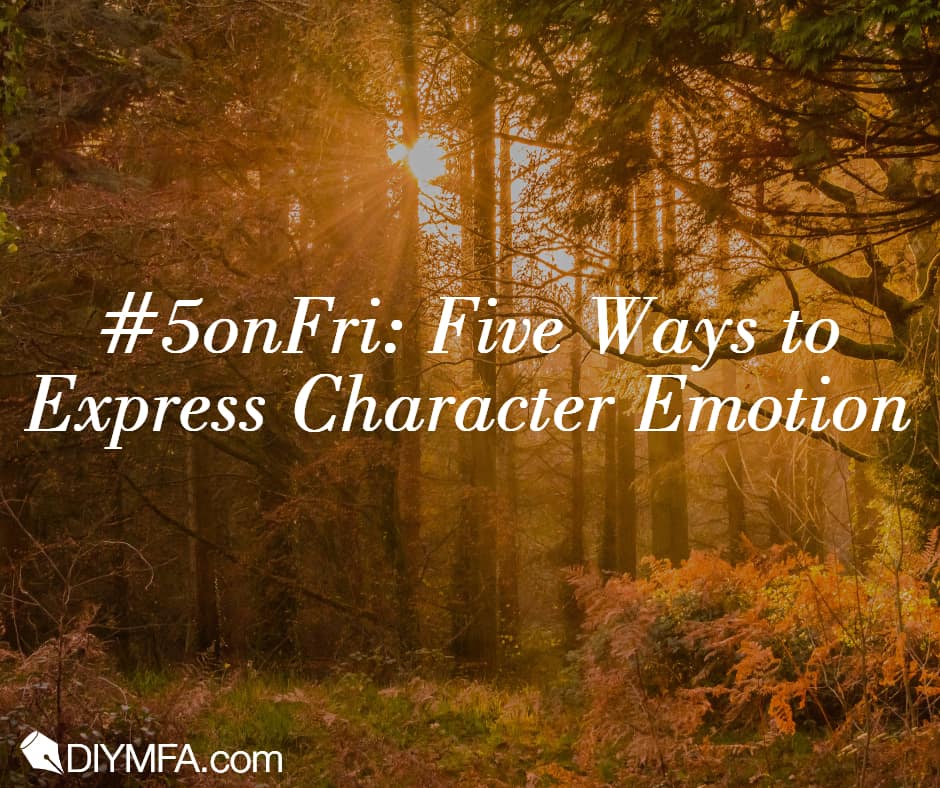100 Books Published in 2023 for Your TBR Pile

A mega list of books published in 2023, compiled in a table with info about genre, book description, and the person and tense of the narration.
Varieties of Omniscience

Using an omniscient narrator? It may help to be aware of these two dimensions, which account for the varieties of omniscient approaches.
The Essentials of Orienting Your Reader

In film, orientation is almost immediate. In prose, oreintation requires ink. Here are some guidelines for what orientation the reader needs.
Exposition in Dialogue

You can deliver exposition via dialogue, but you have to finesse it a little. Here we discuss how you can disguise exposition so it doesn’t feel contrived.
Earning Story Events

Earning story events means paying attention to three types of context (deep, situational, and immediate) as well as giving the character time to arrive at a response.
To Filter or Not to Filter

What is filtering, what’s the rationale for avoiding it, and in what situations might you want to stick with it?
The Key to Epiphanies, Realizations, and Moments of Clarity

Writing epiphanies and realizations can be difficult; how can you make them feel earned and not contrived? Here, we examine the keys to successful realizations in storytelling.
How to Use Objects to Create More Powerful Stories

Objects are crucial to a story’s being unique and affecting. Here, we look at 5 ways to use objects to tighten up your story and make it more powerful.
Writing Character Emotion

Robert Olen Butler describes 5 ways the people express emotions. Writers can use these expressions to help build better character interiority. Here, his 5 expressions and an accompanying journal exercise.
Narrating Deep or Shallow: The Spectrum of Psychic Distance

An expert writer of stories needs to have some mastery of psychic distance—the distance the narrator stands from a character’s emotions, thoughts, and perceptions. No matter what viewpoint or person or verb tense you’re using for your story, your narration will sometimes go very close to character perception and sometimes stay quite distant.
